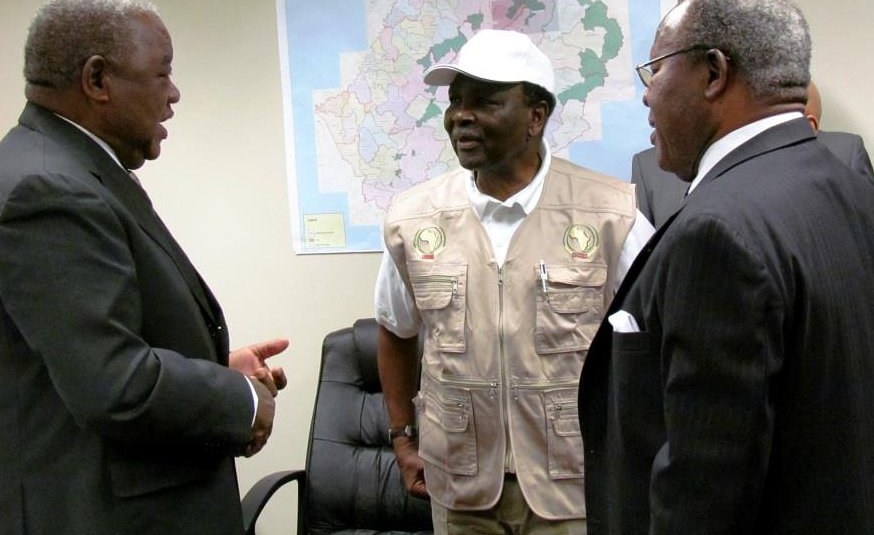new leadership will take over in Lesotho after the national elections on Saturday. But, if truth be told, nothing much will change except the portraits hung in parliament and in government buildings.
The leader of the Lesotho Congress for Democracy, Mothetjoa Metsing, will become deputy prime minister. Four other parties are part of the coalition.
When Deputy President Cyril Ramaphosa, under a Southern African Development Community mandate, negotiated a political deal between the contending factions in Lesotho we all hoped that the mountain kingdom would enter a new phase.
But it seems Lesotho is back to where it was months ago, about to be ruled by a coalition.
Without an outright winner and a strong national government, the country’s development is held to ransom by party politics.
Lesotho has been fraught with tension since last year when Thabane suspended parliament to thwart a vote of no confidence in him.
It is clear that a multiparty system in such a small country is detrimental to its stability.
Without a strong industrial base, and having an economy that is over-reliant on South Africa, the state is the only source of an income for most of the people.
The police and the army have been placed at the centre of factional politics.
There are some today who point a finger at Ramaphosa, saying his involvement has been ineffective and that he pushed for an early election in Lesotho without preparing the political landscape.
For Lesotho to find stability it will have to change its political system to one that empowers ordinary people in the villages instead of just the leaders of political parties.
FRENCH VERSION



